
3 days of hands-on collaboration & impact




From open-air gatherings to floor seating circles, Kula 2024 broke silos, built meaningful connections, and reimagined craft's role in climate action, inclusion, and innovation.


The global and local thought-leaders who engaged, collaborated, and catalysed new ideas at Kula ‘24.

Director, SELCO
Foundation


CEO, Group Strategy Projects, Aditya Birla Fashion & Retail Ltd.

Former Director, Arts, British Council India

Founder, House of Anita Dongre

Co-Founder,
P-TAL

CEO, Sasha Association for Craft Producers
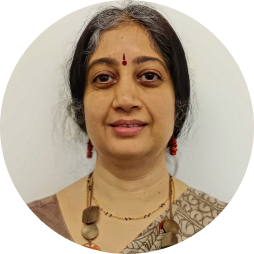
Head - Tourism,
Tata Trusts

Founder,
Viem Collective

Curator and Chairperson, The Korea Association of Art and Design

CEO, Dressfolk

Sourcing & Impact, Powered by People

Executive Director, LEAD at Krea University

TiE Angels

OCEN

Upaya Social Ventures


Senior Investment Associate, Beyond Capital Venture

Lead Advisor at Aadyam Handwoven

Co-Founder, Climake

Technical Lead- Skill Development & Livelihoods, HCL Foundation
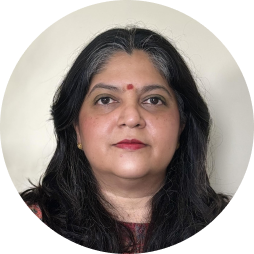
Art Curator
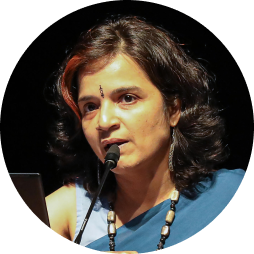
Chief Executive Officer,
NICEorg

Somaiya Kala Vidya

MeMeraki

Fashion Revolution

Urvashi Kaur


Karghewale

Kadam Haat

Director, Artha Impact (Rianta Capital)

Craftizen Foundation

Indian Institute of
Craft & Design

Brown Living


Rope International

Museum of Goa

Akaaro

Varnam Craft Collective

Executive Trustee, India Music Exchange

Group CEO of Sharda Exports, The Rug Republic

Founder, Ka-sha

Bhavik
Vasa

Lead- Social Sector,Open Network for Digital Commerce

Partner, Impact Lens

Vertical Lead and Deputy Group Manager, Titan Company Limited

Creative Women
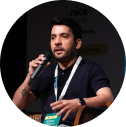
CEO, Catalyst AIC

Investor Engagement Specialist, Canopy

Founder, Projecthrive

Next Bharat Ventures

Director,Serendipity Arts Foundation

Strategic Advisor and Director,
Desi Oon & Rangsutra Crafts India

AVP-ESG and CSR,Blacksoil Capital Private Limited

Senior Consultant,
Indian Institute for Human Settlements

Volunteer, iSPIRT

Editor, ELLE DECOR

Founder, Museum of Goa

Chief Scientist and Former Director, National Innovation Foundation-India


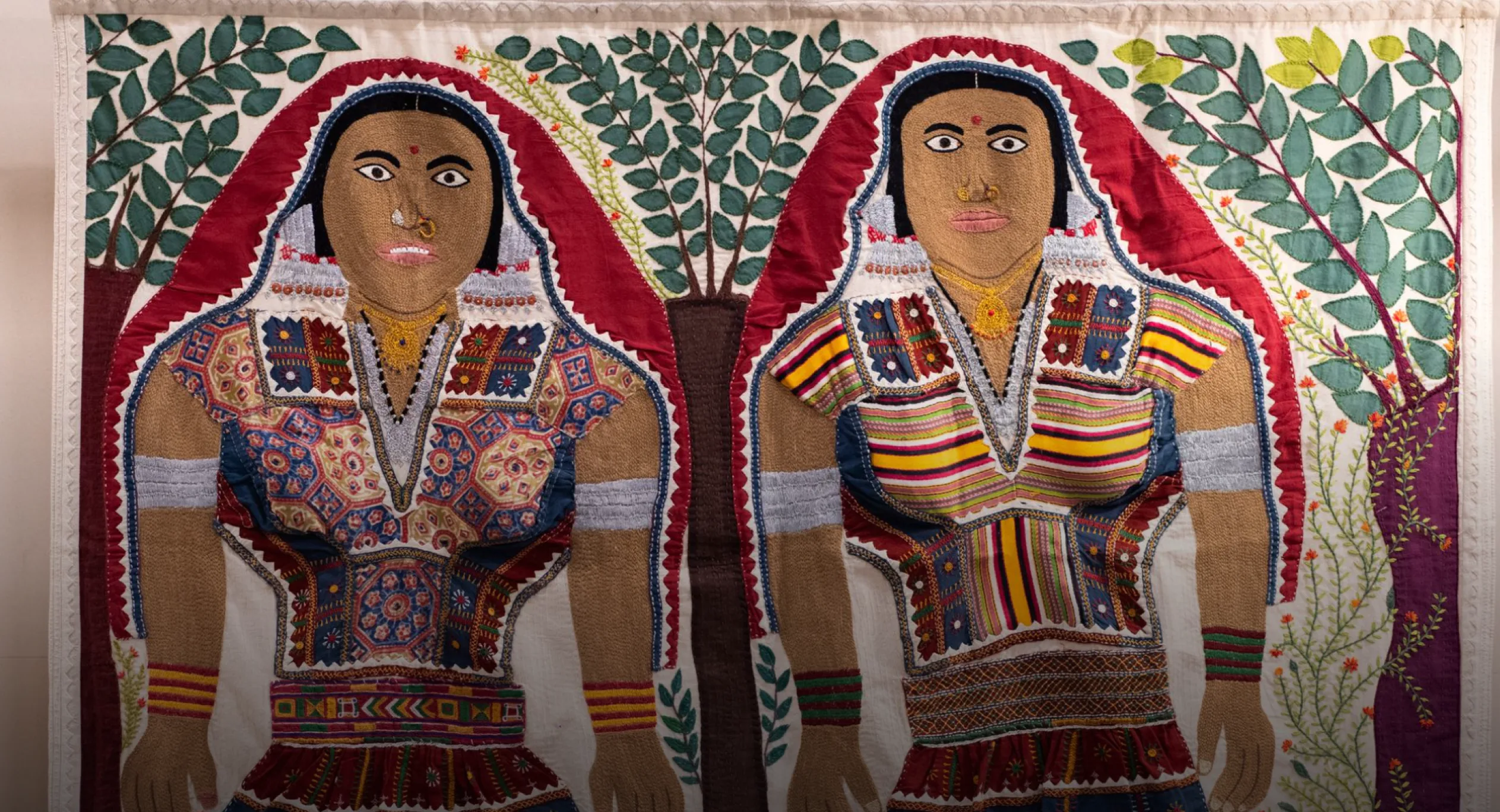
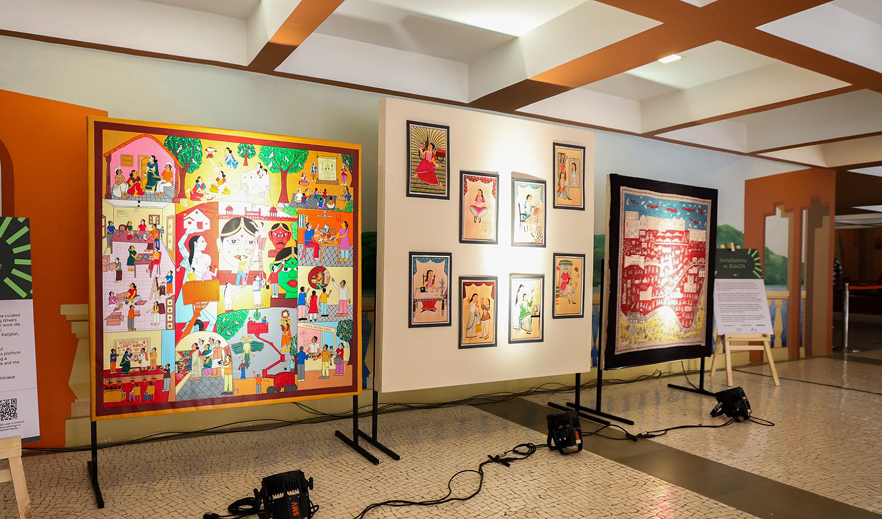
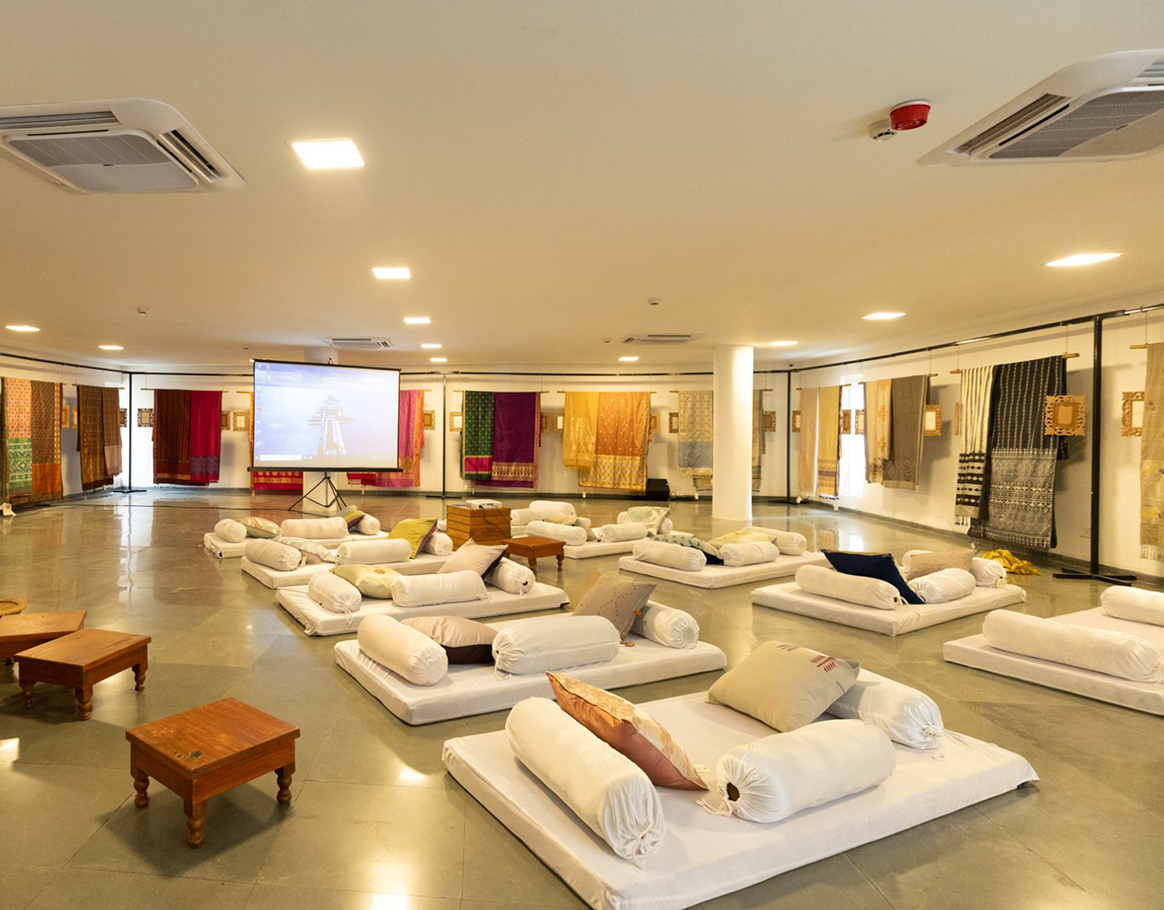
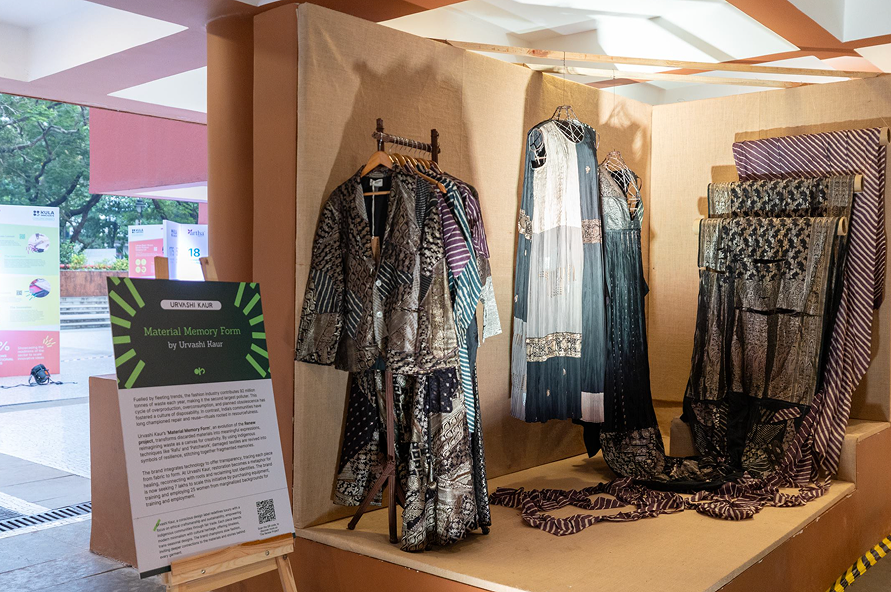
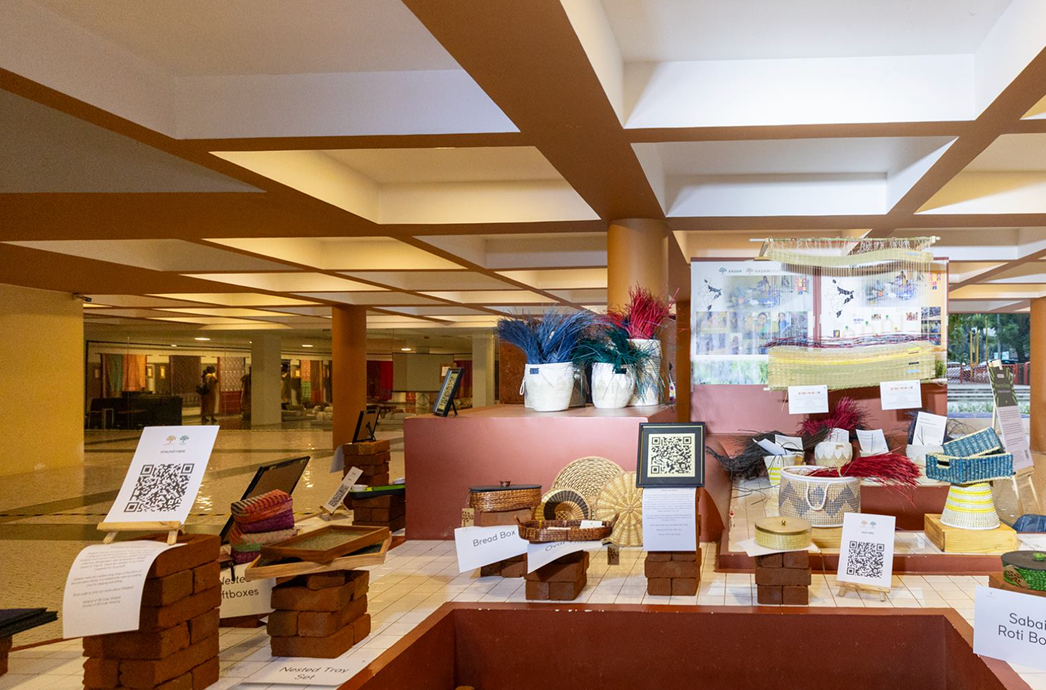
.png)
.png)

Kula Showcases '24 spotlighted impact-driven craft enterprises, offering a platform to present their innovations across products, processes, and business models. Designed to unlock funding and scale impact, these showcases championed solutions advancing climate action, inclusion, and circularity.

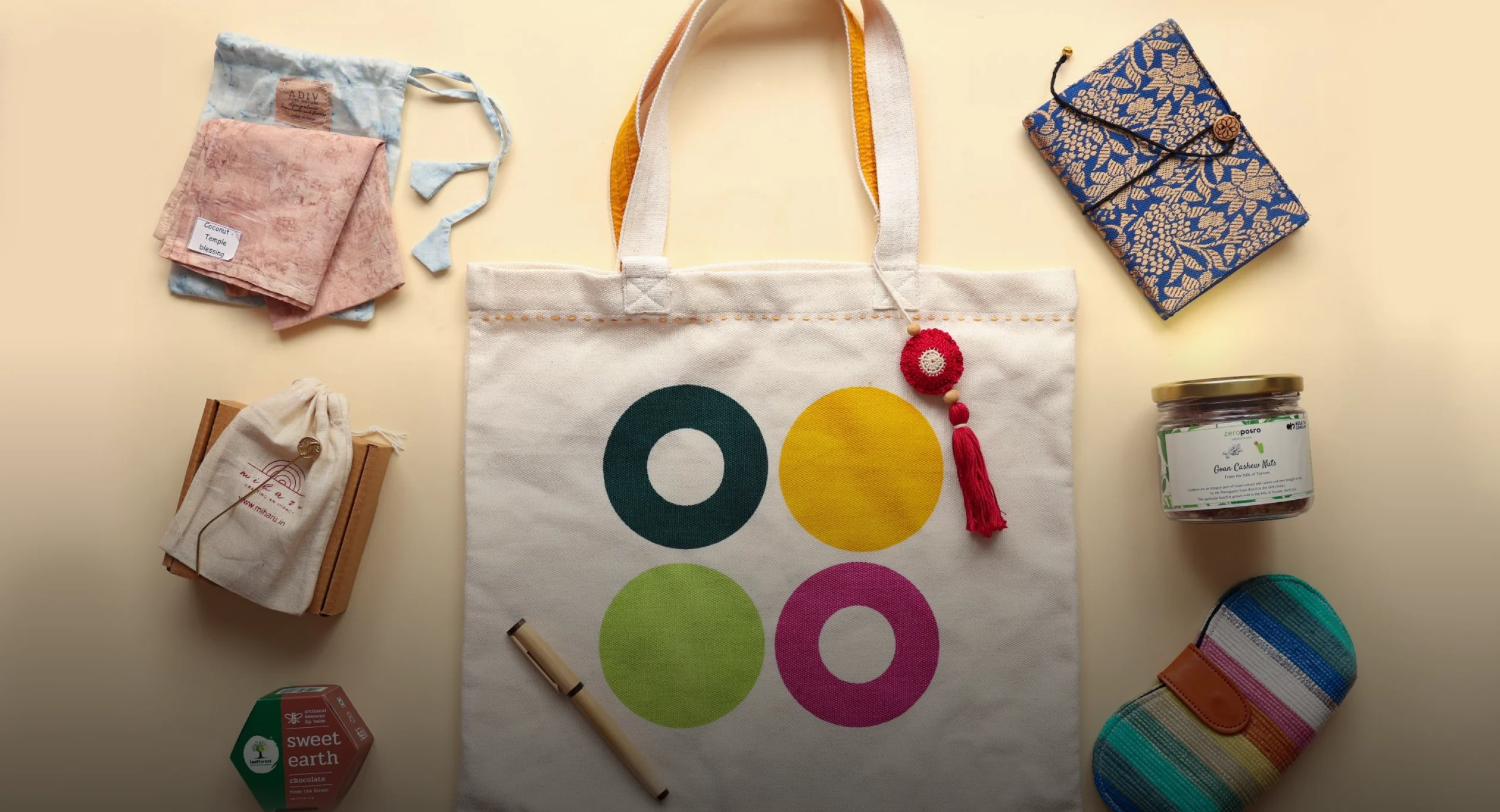
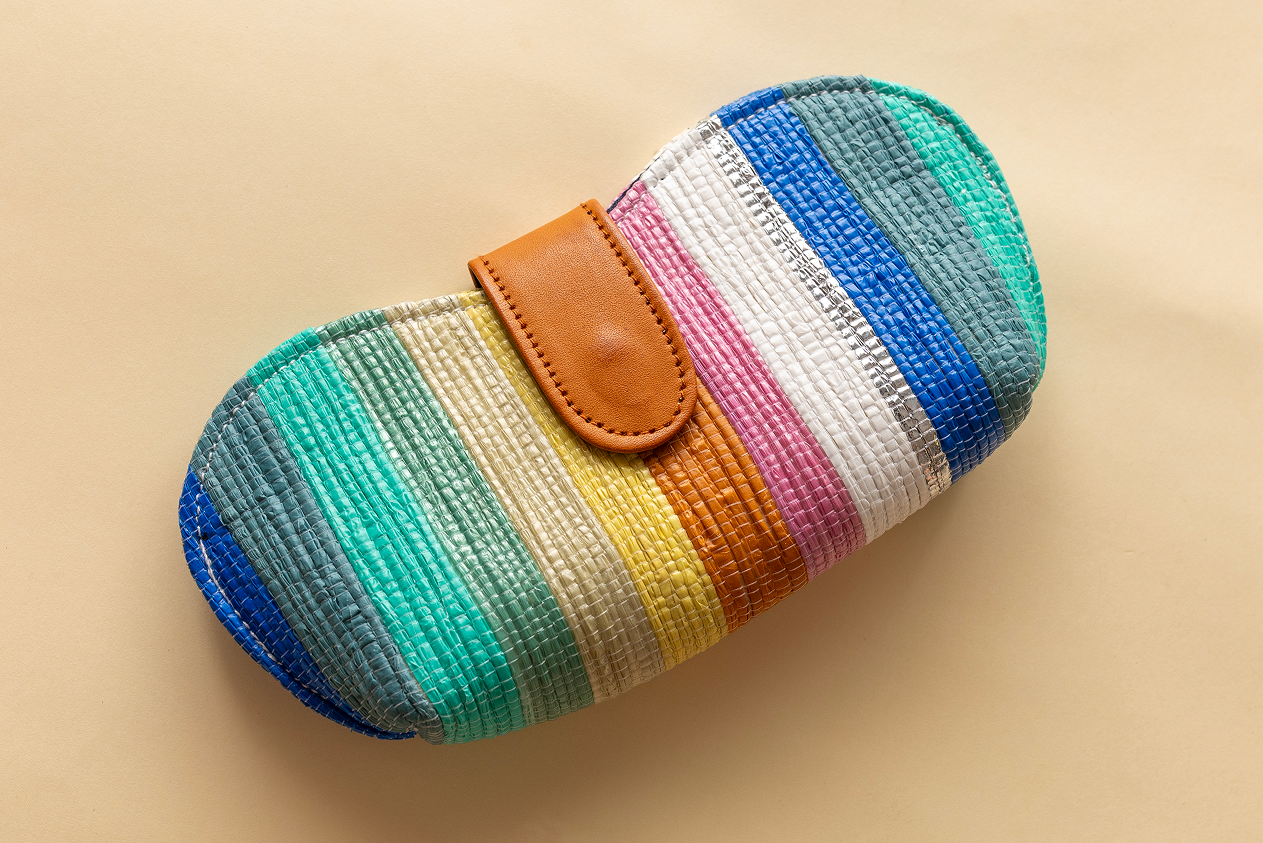
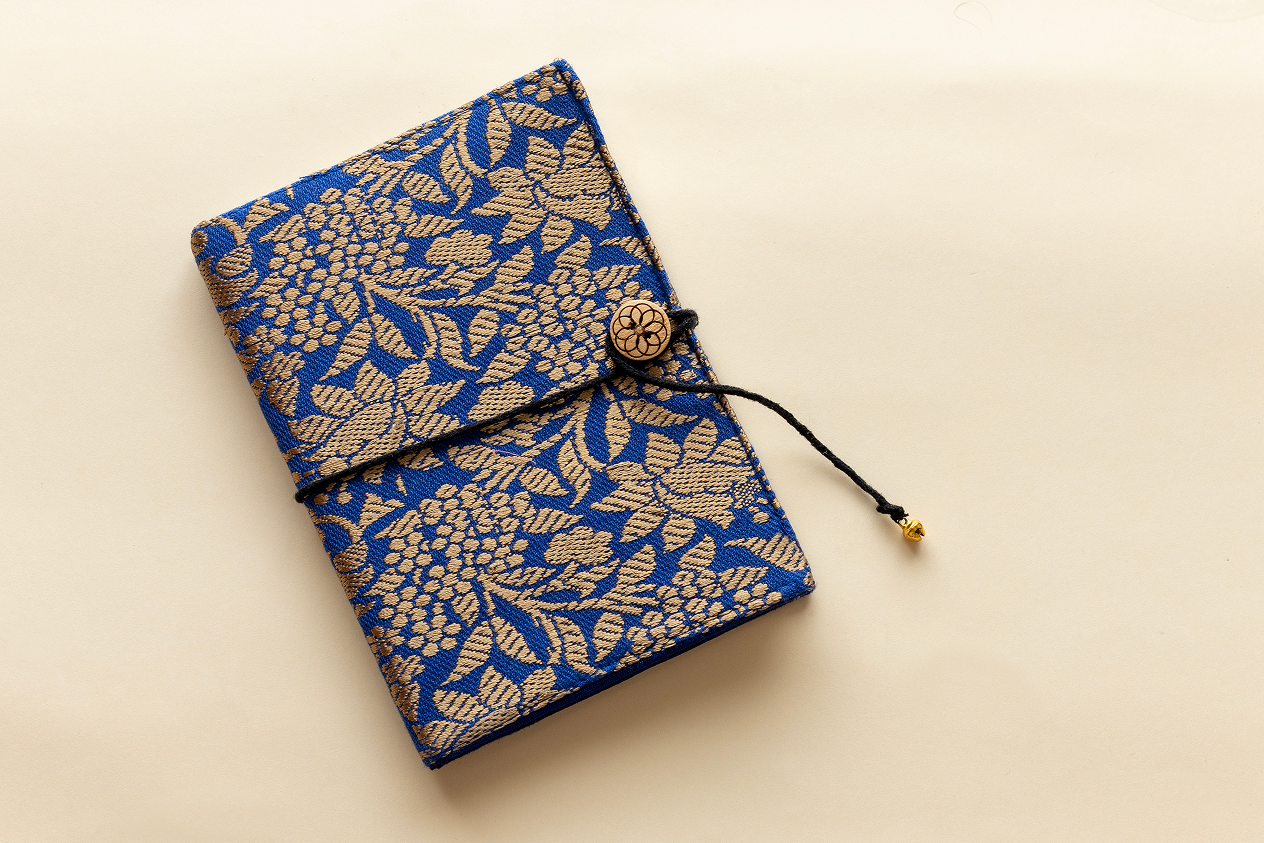
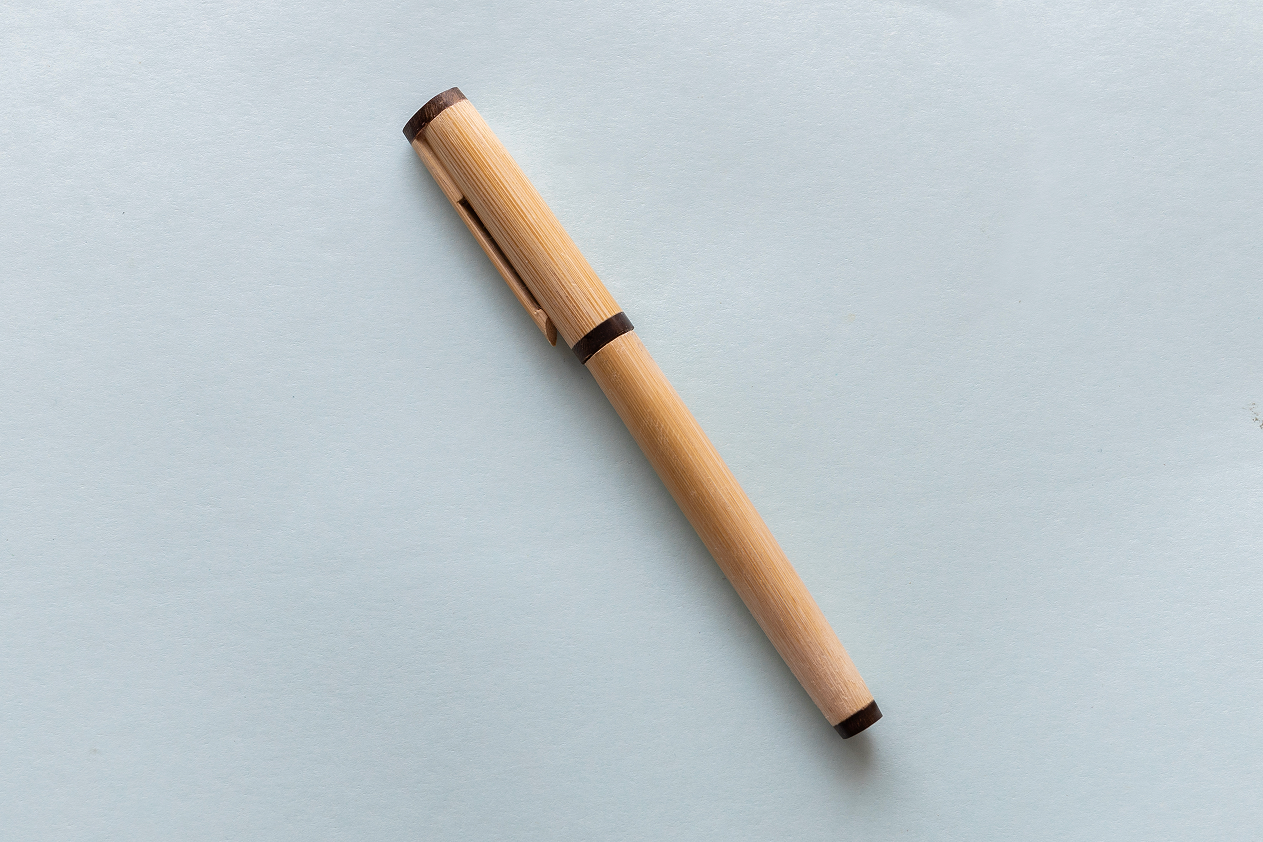
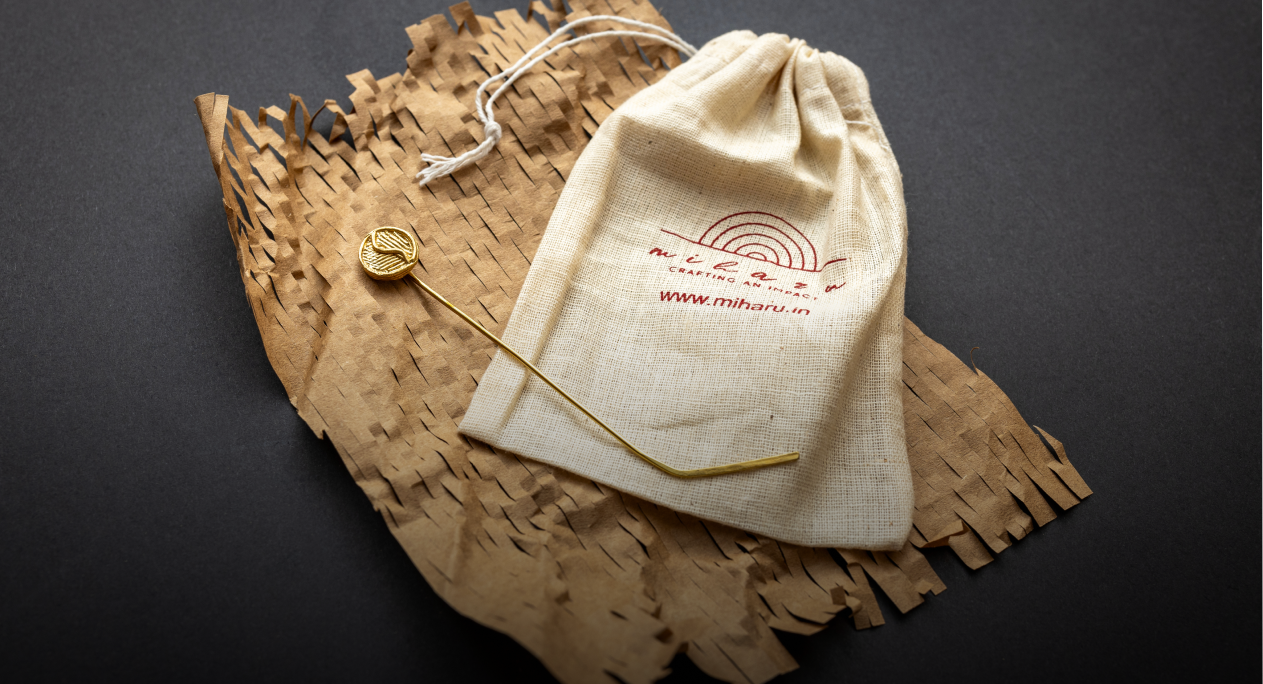
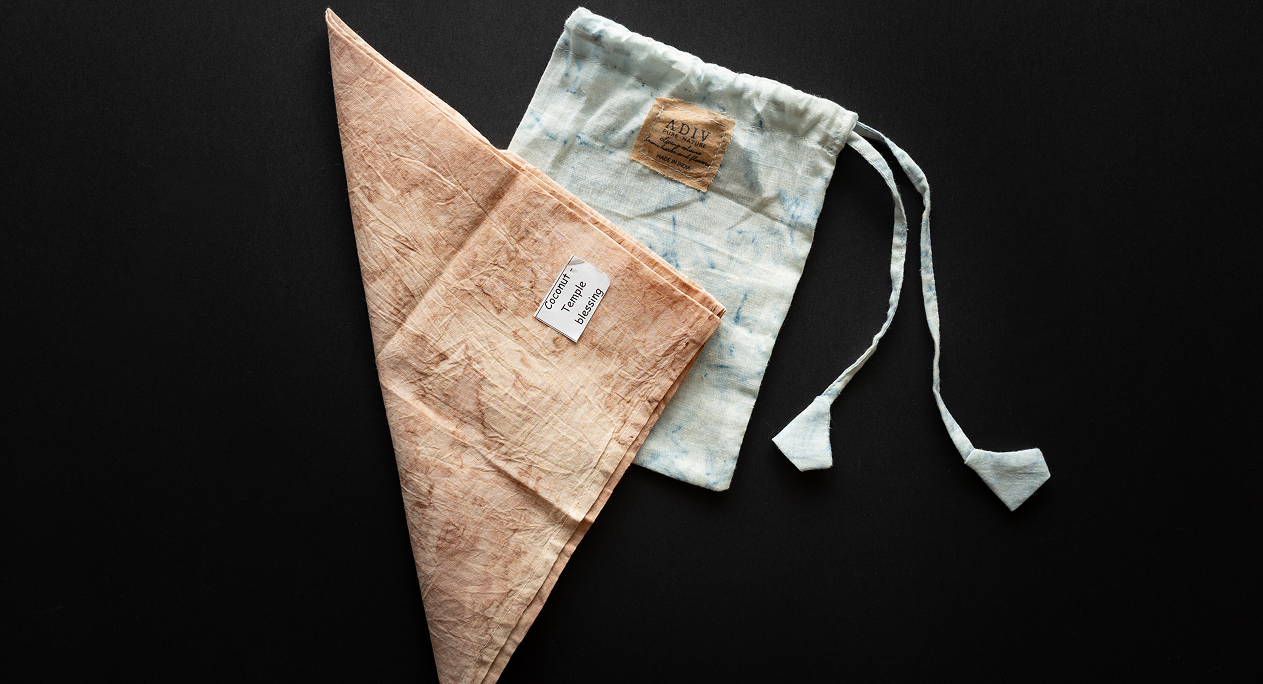
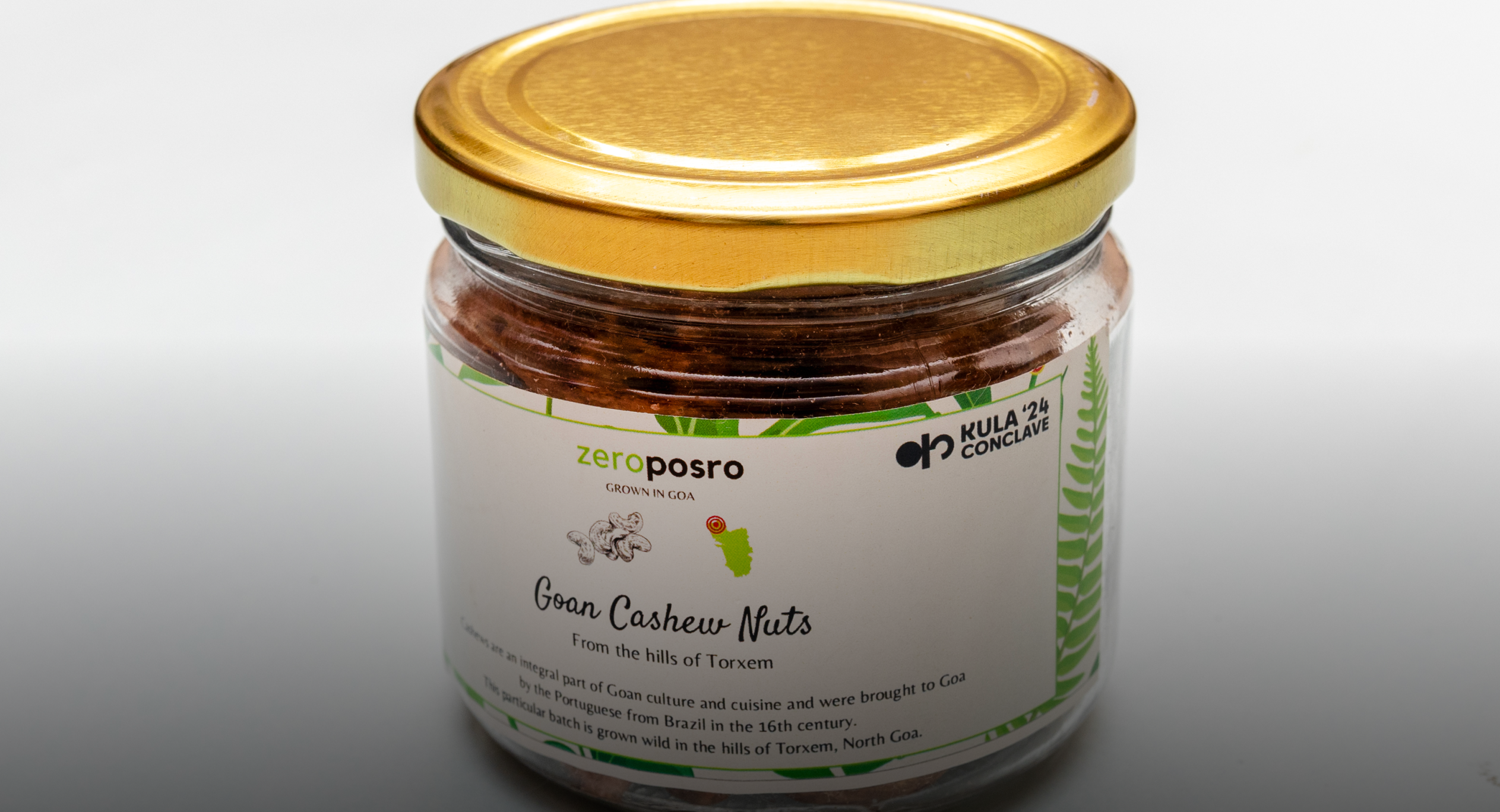
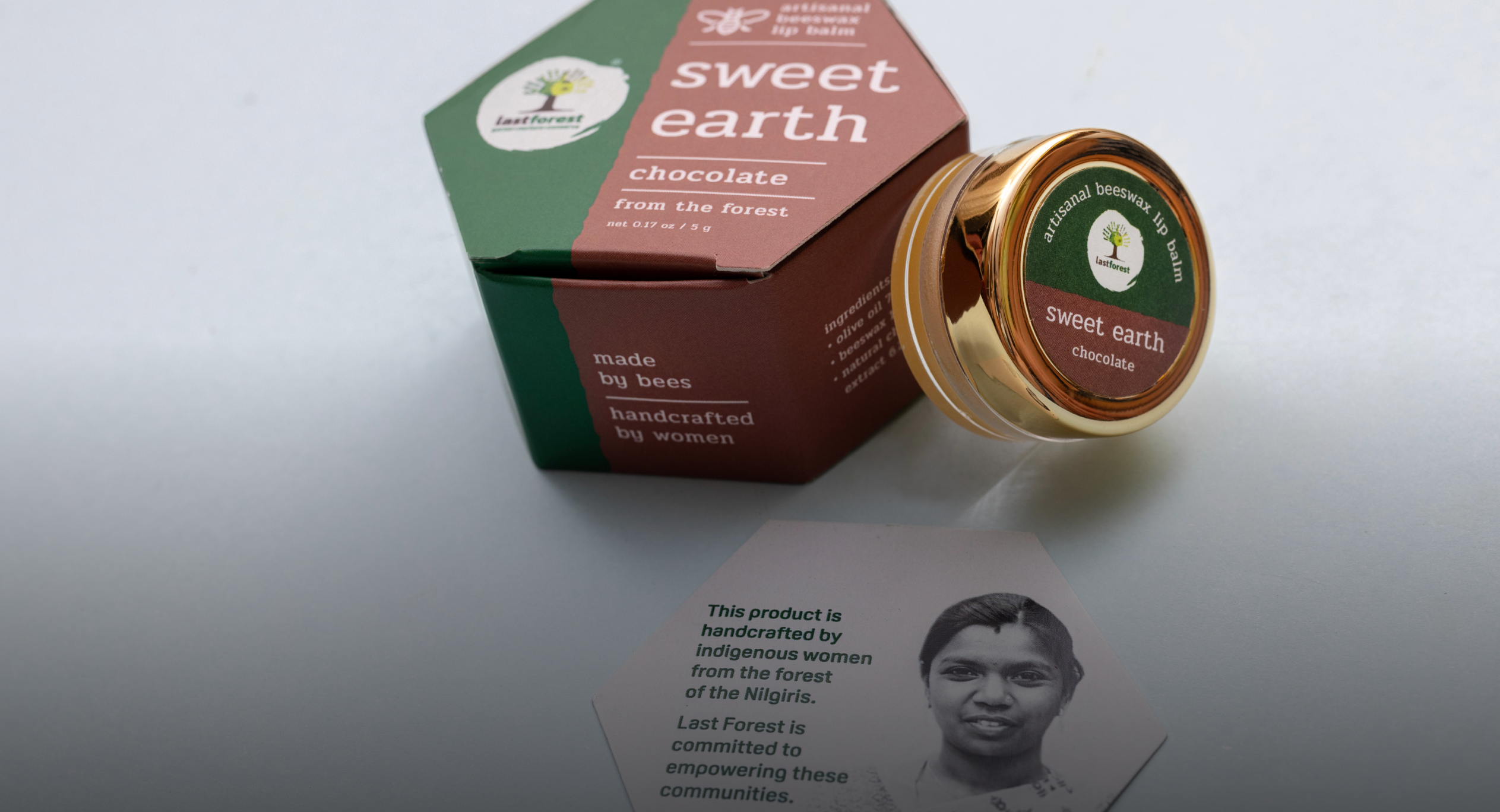
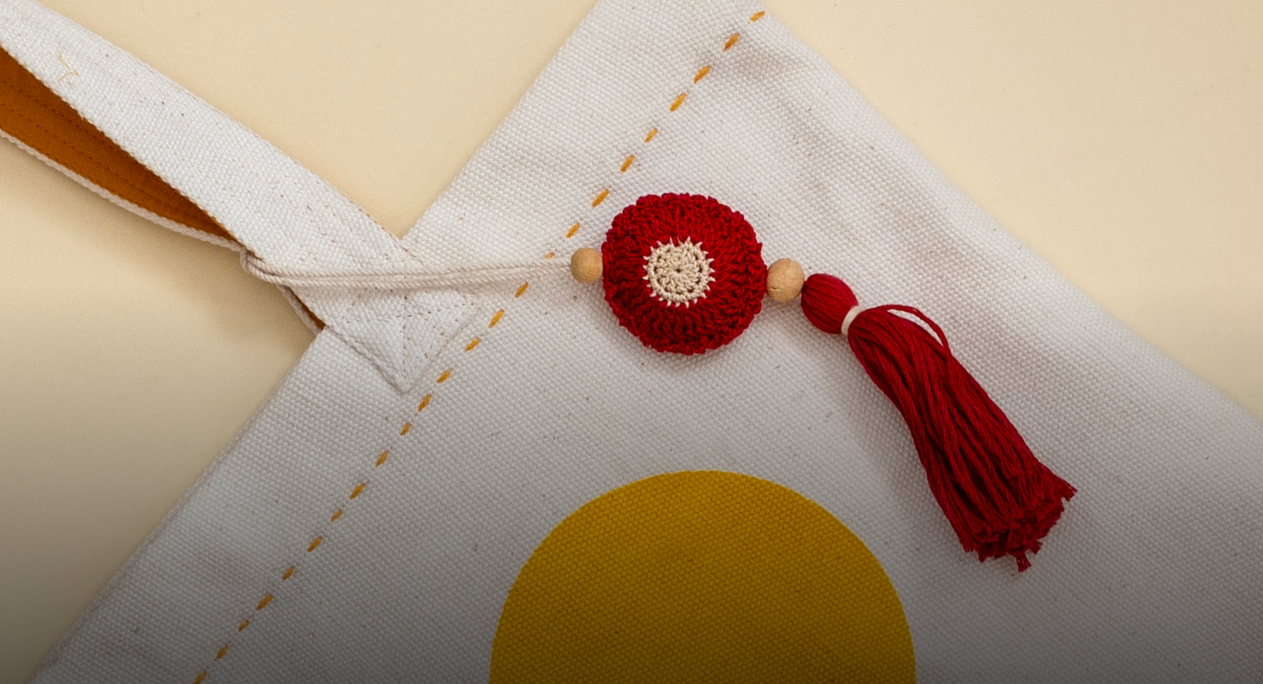

Kula Goodie Bag '24 showcased a curated selection of 9 craft-based products from pan-India enterprises. This initiative provided market access, visibility, and income to artisans across Maharashtra, Gujarat, Goa, West Bengal, Rajasthan, Tamil Nadu, and Kerala.

Celebrating craft-led innovators building for Climate Action, Inclusion, and Future-ready systems.
Golden Feathers is pioneering change in the textiles and paper industry with its innovation of 6th natural woollen fibre of the world, crafted from upcycled Butchery Chicken Waste. Their efforts are deeply rooted in creating opportunities for marginalised communities, especially tribal women.
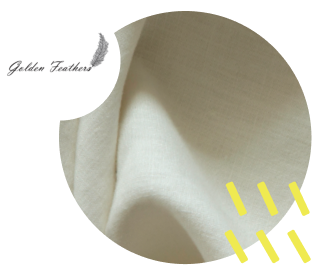
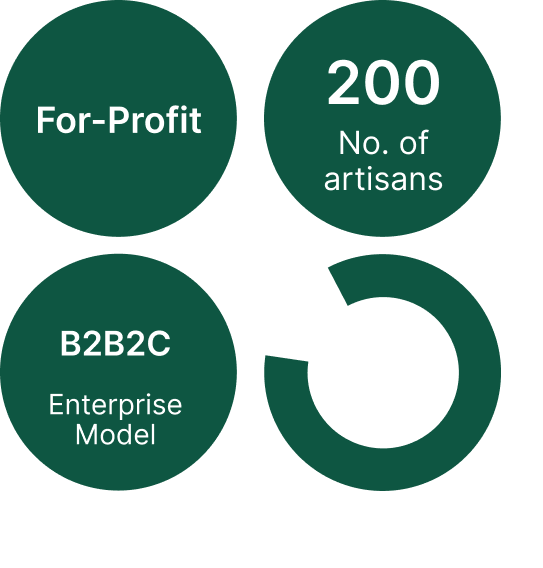
Golden Feathers transforms 57,000 kg of chicken feathers annually into eco-friendly cloth and paper, reducing carbon emissions by 7.76 billion kg. Using 27 natural sanitisation methods, they produce softer, warmer, and more durable fiber with minimal resources, empowering 2,000 tribal women and championing sustainable, green manufacturing practices.
Sonica Sarna Studio is an ethical design and production company that champions sustainability by uniting artisan communities, organic fabrics, and in-house fair trade practices with global supply chains, making fashion a force for good.
.png)
.png)
Golden Feathers transforms 57,000 kg of chicken feathers annually into eco-friendly cloth and paper, reducing carbon emissions by 7.76 billion kg. Using 27 natural sanitisation methods, they produce softer, warmer, and more durable fiber with minimal resources, empowering 2,000 tribal women and championing sustainable, green manufacturing practices.
Kaarigar Mandi is a game-changing B2B platform which bridges the gap between footwear artisans and footwear brands by standardising the manufacturing practices of artisans and providing them with access to market, finance and capacity building.
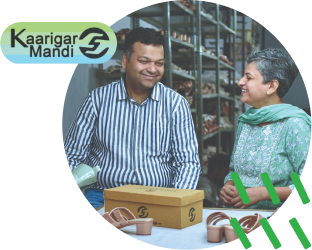
.png)
Kaarigar Mandi transforms the footwear industry by streamlining supply chains and addressing economic exclusion and gender disparities. It unites small-scale manufacturers into a reliable network, ensuring quality and timely delivery for global brands while empowering artisans with market access, skills, negotiation power, and financial services for sustainable growth.


Bairaj – Nilak is revolutionising sustainable tie-dye (Bandhej) production by shifting 30% of its output to natural dyes, reducing the environmental impact of chemical dyes. With a renewable-energy-powered workshop in Kutch, it seeks to transition to clean energy for traditional dyeing. Bairaj – Nilak’s commitment to sustainability and innovation will inspire others to adopt eco-friendly practices, elevate the visibility of Kutch’s textiles, and set a new standard for sustainable craft production in India.
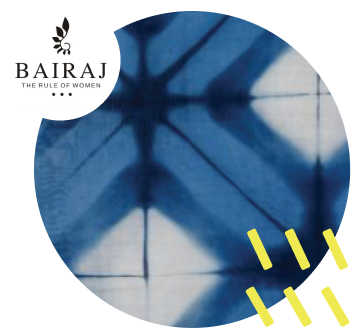
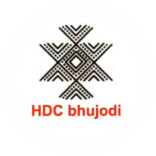
HDC Bhujodi is promoting natural indigo over synthetic, cheaper German indigo for textile dyeing, reducing environmental impact and ensuring safer, non-toxic fabrics. Its initiative expands an indigo workshop in Kutch, training artisans to adopt this eco-friendly dyeing process. Through hands-on workshops, it plans to empower a new generation of weavers to adapt to natural homegrown Indigo.
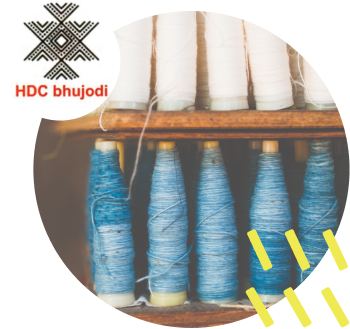
Amra Craft, founded by 20-year-old Amra Haidarali Arora in Bhuj, specialises in handcrafted Bandhani products, blending traditional techniques with Tangaliya weaving, Kutch weaving, and Ajrakh printing.. Empowering women artisans, Amra Craft ensures fair wages for their intricate tying work. By uniting design innovation with craftsmanship Amra not only preserves Kutch’s generational craft legacy but also champions sustainable craftsmanship for a greener future.
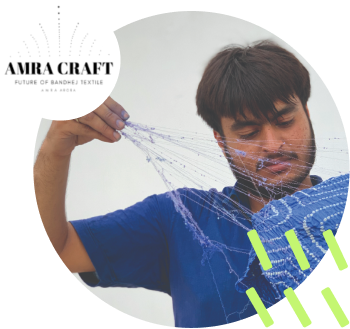
In Shantipur, West Bengal, once renowned for its exquisite jamdani weaving, the craft faces decline due to a shift from natural to artificial fibres like rayon. Subir Biswas, a third-generation weaver, leads a creative enterprise with 15 women artisans, working exclusively with organic fibres to revive Shantipur’s jamdani legacy. By blending tradition, sustainability, and innovation, Subir creates contemporary products that highlight the potential of natural materials. Through Kula Innovate, he aims to scale his enterprise and inspire other weavers to embrace sustainable practices and restore the town’s weaving heritage.
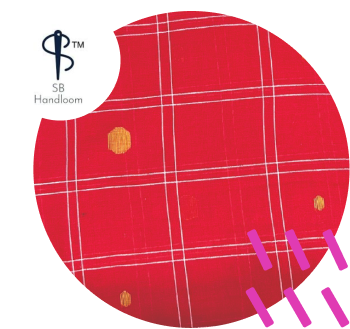

A third-generation weaver and creative entrepreneur in Maheshwar, Madhya Pradesh, Nisha leads one of two women-led creative enterprises in the region. Working with 5 women artisans, Nisha now seeks support to expand and scale her production capacity bringing in more women weavers. Simultaneously, she also aims to push her creative boundaries with the help of right design support.
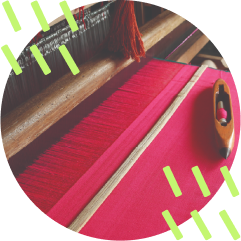



Khankho-Lom works with farmers and artisans in Manipur by innovating eco-friendly products, including banana fiber crafts, vegan leather, and biodegradable packaging, advancing sustainable agriculture and nature conservation
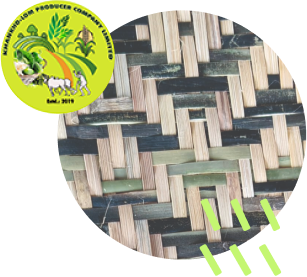
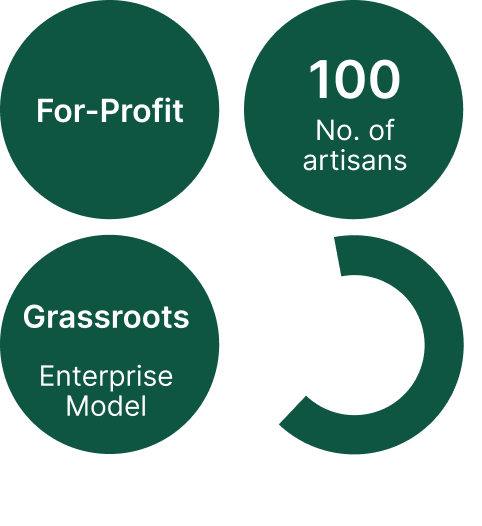
Khankho-Lom leverages banana fiber to produce eco-friendly crafts and vegan leather, reducing plastic use and environmental harm. Their innovation sustains livelihoods for farmers and artisans while championing biodegradable solutions. By blending creativity with sustainability, they create products that transform markets and inspire conservation-focused rural development.

AVACreations is creating alternate livelihood opportunities for forest-dependent communities in Assam by promoting handloom weaving and sericulture, reducing reliance on deforestation while improving income and preserving cultural heritage.
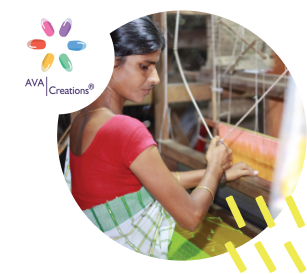
.png)
AVACreations’ innovative approach addresses the issue of declining livelihoods for forest-dependent communities in Assam by leveraging handloom weaving and sericulture practices as a livelihoods solution. Their approach preserves biodiversity and traditional crafts while strengthening economic resilience. The foundation ensures environmental conservation via economic inclusion, and creates an equitable growth model for forest-dependent communities.
Xuta empowers 150+ women weavers by providing high-quality yarn loans, health benefits, and capacity-building programs. Committed to ESG principles, XUTA promotes fair wages, positively impacting over 500 family members in just three years.
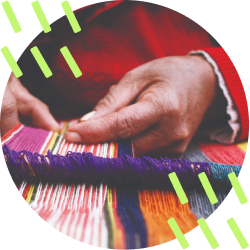
.png)
Xuta champions well rounded sustainable textile production from Majuli, the worldʼs largest river island, by empowering weavers asequal stakeholders. Combining wild silk, indigenous natural dyes, and zero-waste processes on bamboo looms, Xuta preserves cultural heritage while fostering eco-friendly production. Transparent earnings and youth engagement ensure enduring impact and economic transformation for the Northeast.
Dianthe Private Limited, a women-led startup from Manipur promotes local craftsmanship and sustainable farming by growing and selling vibrant fresh and dry flowers. It empowers women and farmers, creating employment and boosting regional economies.
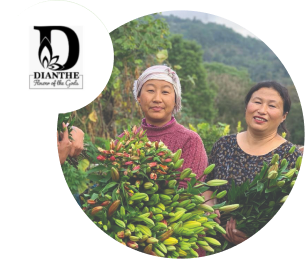
.png)
Dianthe is redefining the floral market by promoting locally adapted varieties, bridging market gaps, and driving socio-economic inclusion.Through the development of eco-friendly, biodegradable products, Dianthe offers sustainable solutions that enhance product quality, extend shelf life, and reduce dependence on imported, chemically treated flowers.

Mauna Dhwani Foundation revives handloom weaving in Mayurbhanj, Odisha, through 13 community weaving centres and a natural dyeing program, empowering 600+ tribal women. It aims to create a sustainable craft village fostering economic growth.
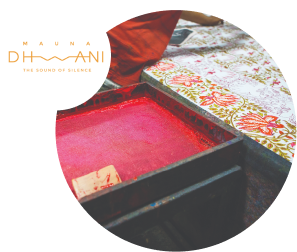
.png)
Mauna Dhwani Foundation revitalises India's handloom sector by integrating natural dyes made from local, renewable resources into traditional weaving. This eco-friendly approach preserves heritage, promotes sustainable fashion, and creates livelihoods for rural tribal women through skill training, employment, and market linkages, empowering artisans while reducing carbon footprints and enhancing product value.

Lekope is a women-led Farmer Producer Company with 1,200+ shareholders, crafting handloom textiles, bamboo products, and processed foods, and building sustainable livelihoods across Northeast India.

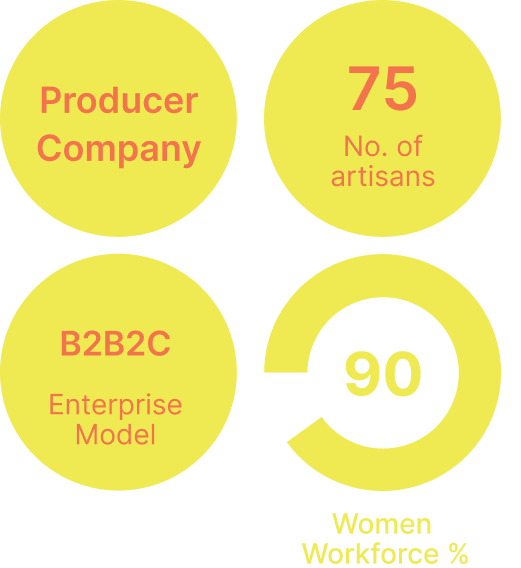
By empowering women farmers and artisans, Lekope preserves traditional crafts and fosters low-tech innovation. Through skill-building, sustainable practices, and eco-friendly production, they create culturally rich, market-ready products. The enterprise nurtures entrepreneurship, strengthens rural economies, and addresses barriers like limited access to resources, ensuring a thriving ecosystem for handmade crafts.
Studio Coppre, a women-owned social impact brand, champions a culture-based development model by integrating skilled artisans into the economic mainstream, preserving heritage crafts, and blending traditional techniques with contemporary designs for homewares.
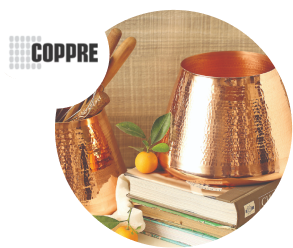
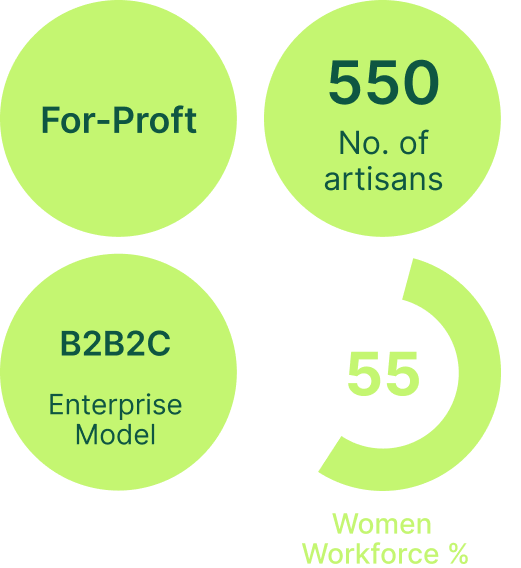
Studio Coppre is adopting a maker-first approach to improve its supply chain with ergonomic workspaces, upgraded health and safety standards, and protective gear. Understanding the reluctance of new-gen artisans to continue their craft, the brand aims to foster pride in their legacy, empowering them to become ambassadors and ensure the craft’s future.
Kaarigar Clinic, India’s first rural business clinic, empowers artisans to build self-sustaining businesses, nurturing 150 entrepreneurs and impacting 3 lakh artisans, with a vision to uplift 1 million artisans by 2028.
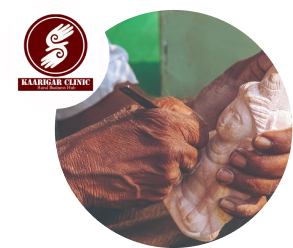
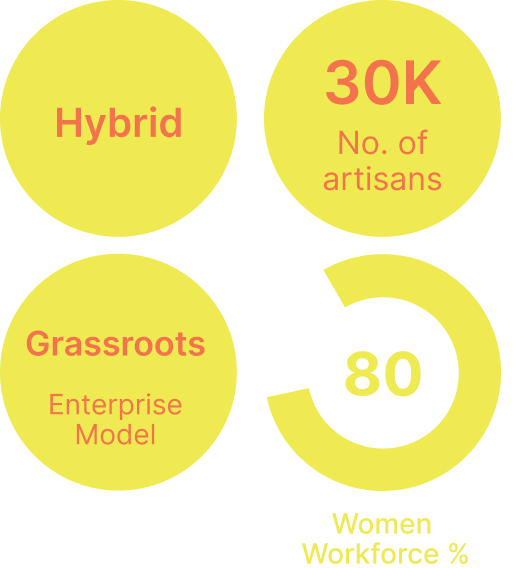
Kaarigar Clinic's Business Wellness Program empowers artisans to become entrepreneurs by giving them identity, value and recognition. The clinic offers artisans with Business, Design, Brand, and Market Therapy, fostering entrepreneurship in the communities. The clinic reduces rural unemployment, revitalises traditional crafts, and fosters self-reliant communities within a 100-km radius, building a stronger rural economy.
EcoKaari is a social enterprise that upcycles plastic waste into sustainable products, providing craft-based employment for underprivileged women and youth, while promoting environmental conservation and awareness through community workshops and initiatives.
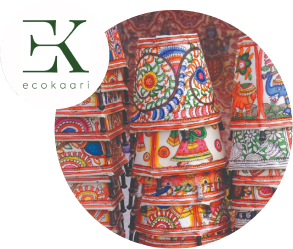
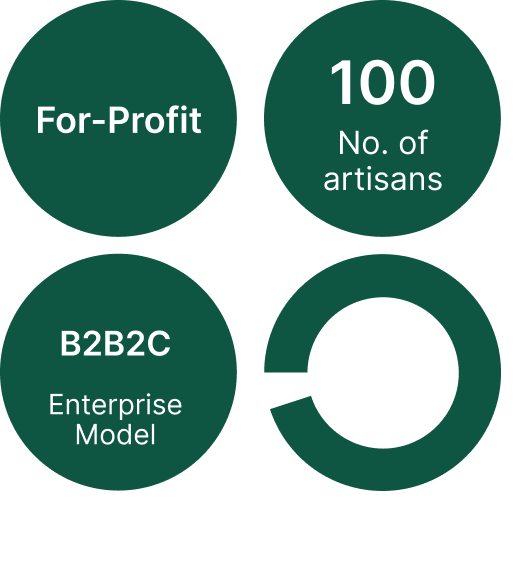
EcoKaari blends traditional craftsmanship with circularity, turning plastic waste into beautifully handwoven fabrics. By repurposing non-biodegradable materials, it reduces environmental harm while creating fair livelihood opportunities for marginalised artisans. Championing a green economy, EcoKaari reimagines waste as a resource, inspiring a shift towards ethical, circular manufacturing, and conscious consumerism.
Resham Sutra is revolutionising the silk value chain by empowering 1,000+ rural women and smallholder farmers in sericulture through 12 innovative machines, enhancing energy efficiency by 90%, boosting productivity by 400%, and ensuring quality via digital transformation.
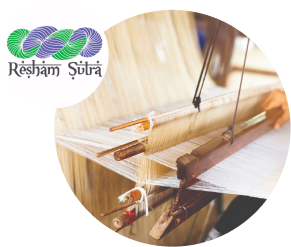
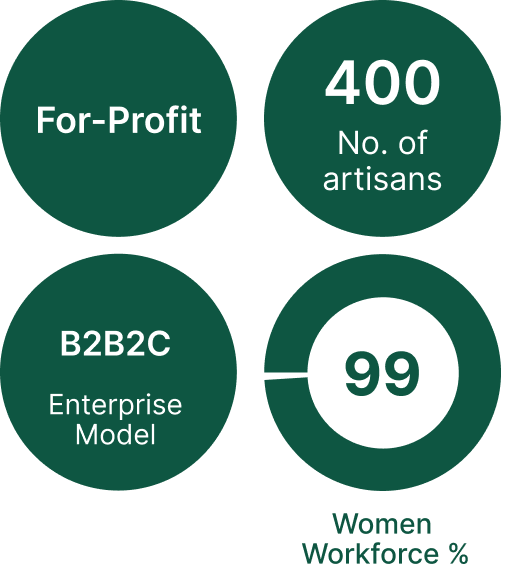
Resham Sutra innovates solar-powered silk yarn and fabric production machines, with over 20,000 units installed across 16 states. Focused on empowering marginalised women, it provides farming support, skill development, raw material access, service training, and market linkages, creating a sustainable, dignified livelihood while maximising social impact.
Some of the esteemed organisations that attended our Conclave:
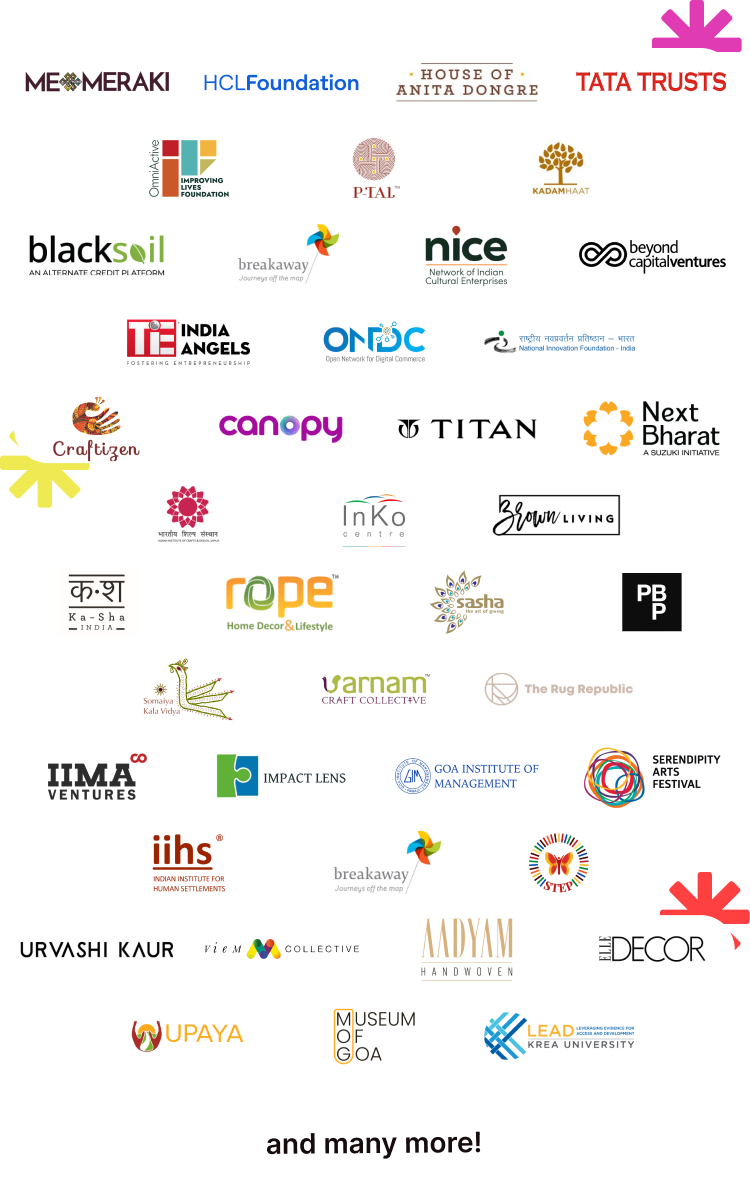








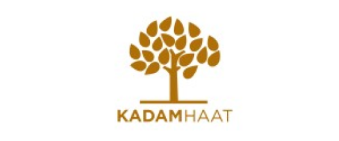







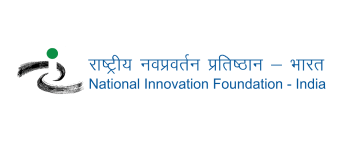
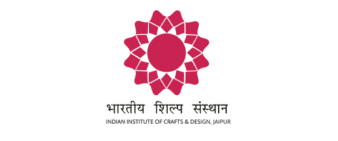





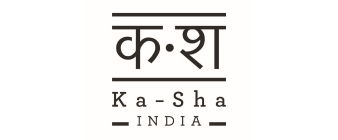





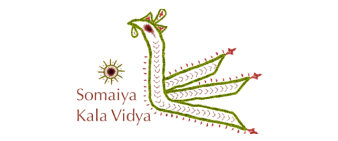






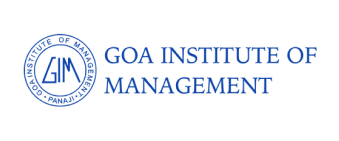









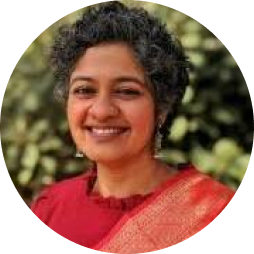
Founder & CEO,200
Million Artisans

Lead, Sustainability & Partnerships

Lead, Kula Innovate & Brand Strategy

Lead, Communication
Strategy


Volunteer
Change maker

Head of
Finance
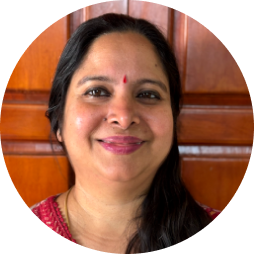
Lead,Program
Support





%201.png)



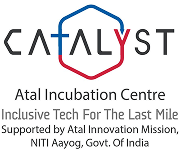












Kula represents our stubborn commitment to community-building and radical collaborations for a thriving cultural economy.

Sign up for Kural, our newsletter for exciting news and updates





